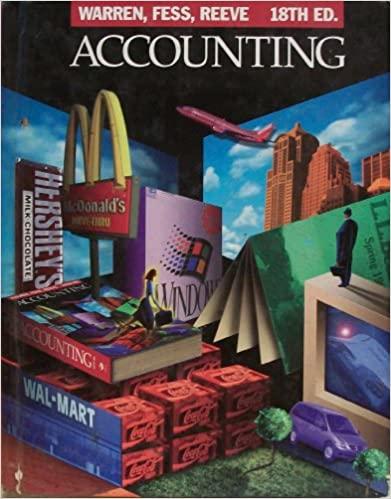Mr. K's is a very popular hair salon. It offers high-quality hairstyling and physical relaxation services at a reasonable price, so it always has unlimited demand. The service process includes five activities that are conducted in the sequence described next (the time required for each activity is shown in parentheses): Activity 1: Welcome a guest and offer homemade herb tea (9 minutes). Activity 2: Wash and condition hair (9 minutes). Activity 3: Neck, shoulder, and back stress-release massage (9 minutes). Activity 4: Design the hairstyle and do the hair (23 minutes). Activity 5: Check out the guest (5 minutes) Three servers (S1, S2, and S3) offer the services in a worker-paced line. The assignment of tasks to servers is the following: S1 does Activity 1, S2 does activities 2 and 3, and S3 does activities 4 and 5. Instruction: Do not round your intermediate calculations. Round your final answers to 2 decimal places. a. What is the labor content? 55.00 minutes per customer b. What is the average labor utilization? 67.90 percent At a wage rate of $25 per hour, what is the cost of direct labor per customer? $ 37.50 per customer + Mr. K considers hiring a new employee to help any one (and d. only one) of the servers without changing the tasks performed by each server. What will be the new cost of direct labor? per customer e. Returning to the three-worker scenario, Mr. K contemplates redesigning the assignment of tasks to servers. For this, Mr. K is evaluating the reassignment of Activity 5 from S3 to S1. What will be the new cost of direct labor? per customer Returning to the original question, Mr. K is thinking to add one f. additional worker to the process. The worker would be assigned to the same set of tasks as one of the current workers. First, decide which set of tasks would benefit from one additional worker, then calculate the process capacity (customers per hour)? customers per hour Returning to the original question, Suppose 4 minutes of processing time from activity 4 could be moved to activity 3 9. while keeping the task assignments the same. What would be the capacity of this new process (customers per hour)? customers per hour h. Returning to the original question, Suppose each worker could be trained to complete all activities and they could all work independently of each other. What would be the capacity of this process (customers per hour)? customers per hour








